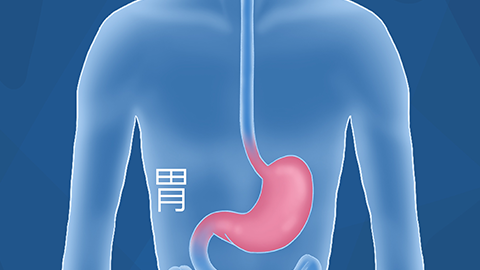Can gastric pit hyperplasia heal on its own?
Whether gastric pit hyperplasia can heal spontaneously depends on the specific circumstances. If gastric pit hyperplasia is related to non-pathological factors, it may resolve on its own; however, if it is associated with pathological factors, it generally cannot heal spontaneously. It is recommended to seek timely medical attention and follow the guidance of a physician for treatment. Detailed analysis is as follows:

Gastric pit hyperplasia can sometimes be caused by improper diet, irregular lifestyle habits, and other such non-pathological factors. In these cases, following adjustment of lifestyle habits and dietary patterns, gastric pit hyperplasia may gradually return to normal.
If gastric pit hyperplasia is caused by conditions or factors such as chronic atrophic gastritis or Helicobacter pylori infection, it typically cannot resolve spontaneously. Patients may experience symptoms including abdominal distension, vague upper abdominal pain, discomfort, vomiting, and nausea, and these symptoms may persist or worsen.
When gastric pit hyperplasia occurs, it is important to actively cooperate with physician-recommended treatment. Additionally, patients should maintain a balanced diet, primarily consuming bland and easily digestible foods, and avoid spicy or irritating foods to prevent exacerbation of the condition.









